All Stories
-
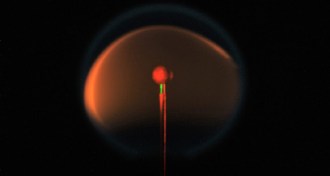 Physics
PhysicsSpherical flames in space could solve the mystery of soot-free fires
In microgravity, flames are sphere-shaped. Tests of fire on the International Space Station are helping show how gases flow within flames.
-
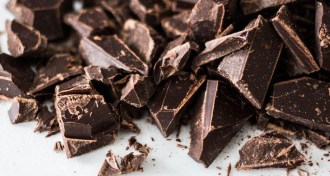 Chemistry
ChemistrySweaty, vinegary and sweet odors mingle to make dark chocolate’s smell
Scientists have worked out the chemistry of dark chocolate’s smell and reconstructed the aroma.
-
 Health & Medicine
Health & MedicineFaulty cellular antennae may cause a heart valve disorder
Mitral valve prolapse might be caused by dysfunctional primary cilia meant to signal cells during development.
-
 Environment
EnvironmentEmissions of a banned ozone-destroying chemical have been traced to China
Since 2013, eastern China has increased its annual emissions of a banned chlorofluorocarbon by about 7,000 metric tons, a study finds.
-
 Health & Medicine
Health & MedicineA cognitive neuroscientist warns that the U.S. justice system harms teen brains
The U.S. justice system holds adolescents to adult standards, and puts young people in situations that harm their development, a researcher argues.
-
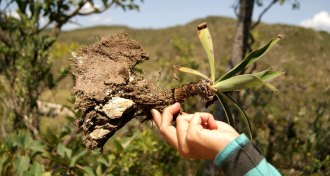 Plants
PlantsSome plants use hairy roots and acid to access nutrients in rock
Shrubs in mountainous areas of Brazil have specialized roots that secrete chemicals to extract phosphorus from rock.
By Yao-Hua Law -
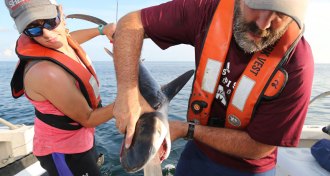 Animals
AnimalsTiger sharks feast on migratory birds that fall out of the sky
Terrestrial birds that fall from the sky during their migration across the Gulf of Mexico can end up in the bellies of tiger sharks.
-
 Science & Society
Science & SocietyHow the battle against measles varies around the world
Measles is a global health threat. Snapshots of several countries show how stopping its spread depends on local conditions and beliefs.
By Sujata Gupta -
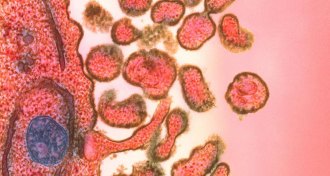 Health & Medicine
Health & MedicineMeasles erases the immune system’s memory
The measles virus can usher in other infections for months, or even years.
-
 Health & Medicine
Health & MedicineFinding common ground can reduce parents’ hesitation about vaccines
Physicians are examining whether discussing shared health goals can bring vaccine-hesitant parents on board.
-
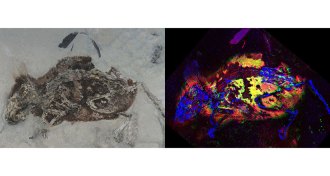 Paleontology
PaleontologySigns of red pigment were spotted in a fossil for the first time
For the first time, scientists have identified the chemical fingerprint of red pigment in a fossil.
-
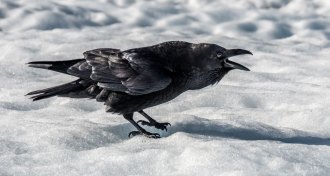 Animals
AnimalsBad moods could be contagious among ravens
Ravens may pick up and share their compatriots’ negativity, a study on the social intelligence of these animals suggests.